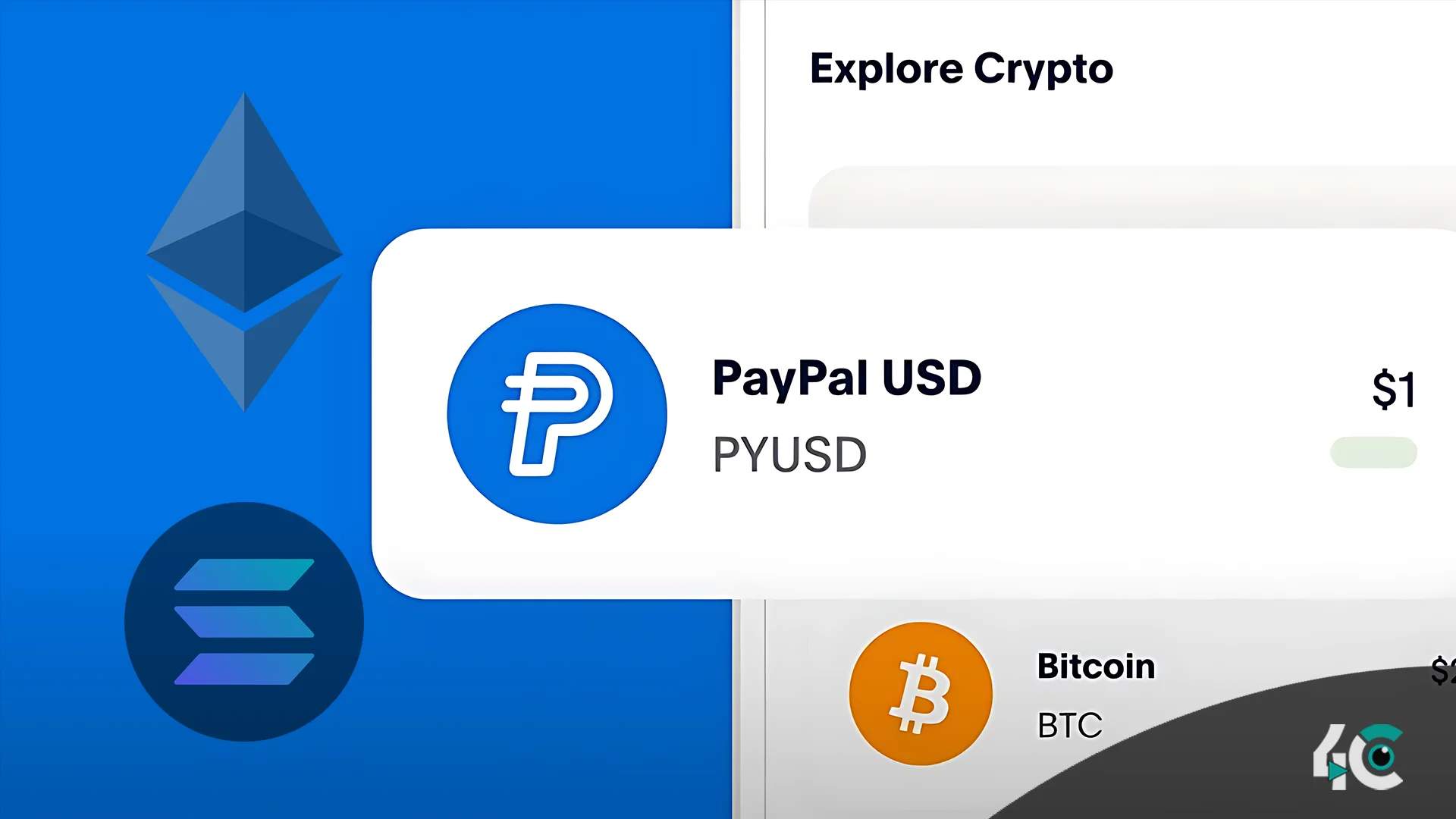PayPal has merged its USD-backed stablecoin, PayPal USD (PYUSD), with the cross-chain protocol LayerZero, allowing direct transfers between Ethereum and Solana networks. This breakthrough allows PYUSD holders who manage their own tokens to move assets easily across blockchain networks without relying on centralized services such as PayPal’s platform or Venmo.
The integration makes use of LayerZero’s Omnichain Fungible Token (OFT) Standard, a mechanism that enables decentralized and secure asset transfer across blockchains. This feature gives PYUSD users more freedom and a simpler way to move digital assets, with the goal of making transactions faster, less expensive, and more accessible to both individuals and enterprises.
According to current data, the market distribution of PYUSD between Solana and Ethereum has altered dramatically. In August, PYUSD had a market capitalization of $1 billion, with a sizable fraction trading on Solana. However, the latest numbers suggest a drop in market capitalization to roughly $513 million, with the bulk of PYUSD now floating on Ethereum and a minor fraction on Solana.
PayPal has also enhanced PYUSD’s utility through numerous collaborations. Earlier this year, the business teamed up with Anchorage Digital to launch a rewards program for customers who store PYUSD with the Anchorage custodian. In May, agreements with significant industry heavyweights like Crypto.com and Paxos introduced PYUSD on the Solana network, simplifying the process for users to obtain the stablecoin. PayPal’s cooperation with MoonPay also enabled PYUSD customers to buy cryptocurrency straight from their PayPal accounts and have access to platforms such as Polymarket for crypto betting.
The stablecoin market, valued at over $140 billion, is primarily unregulated, despite ongoing legislative initiatives. U.S. Senators Cynthia Lummis and Kirsten Gillibrand recently introduced legislation to establish a legal framework for stablecoin issuers, with a focus on reserve backing requirements and operational standards. Internationally, regulators in the United Kingdom and Singapore are developing stablecoin laws, with the UK set to formalize its approach in the coming months.
This integration with LayerZero demonstrates PayPal’s continuous commitment to broadening the reach and accessibility of PYUSD, giving customers more diverse alternatives for digital transactions across different blockchain networks.
































